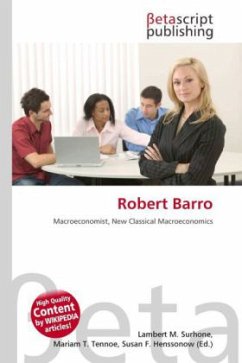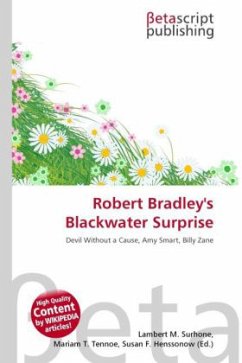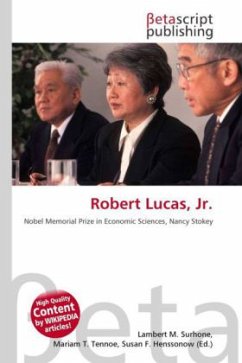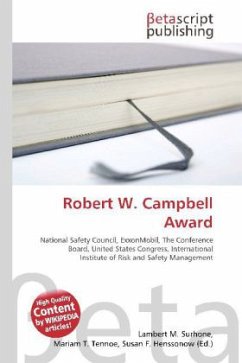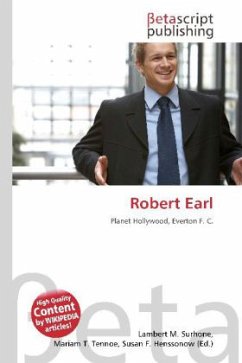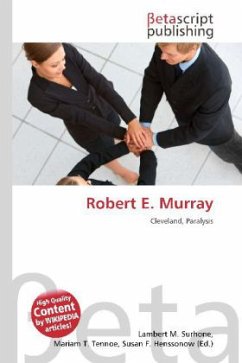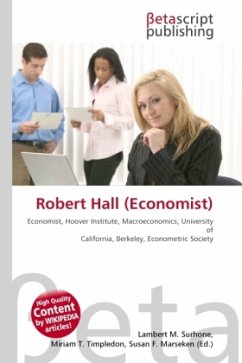High Quality Content by WIKIPEDIA articles! Robert Joseph Barro (born September 28, 1944) is an American classical macroeconomist and the Paul M. Warburg Professor of Economics at Harvard University. He is among the most influential economists in the world according to IDEAS/RePEc. Barro is considered one of the founders of new classical macroeconomics, alongside Robert Lucas, Jr. and Thomas J. Sargent. Barro graduated with a B.S. in physics from the California Institute of Technology in 1965, where he learned under Richard Feynman, but realized he "wouldn't be close to the top in those fields". He turned to economics and earned a Ph.D. from Harvard University in 1970. He first reached wide notice with a 1974 paper entitled "Are Government Bonds Net Wealth?", a paper which argued that, under certain assumptions, present borrowing would be matched by increased bequest to future generations in order to pay future taxes expected to pay the debt on the government bonds. This paper was direct response to the Blinder-Solow results, which had implied that the long term implications of government borrowing would be compensated for by the wealth effect.
Bitte wählen Sie Ihr Anliegen aus.
Rechnungen
Retourenschein anfordern
Bestellstatus
Storno

